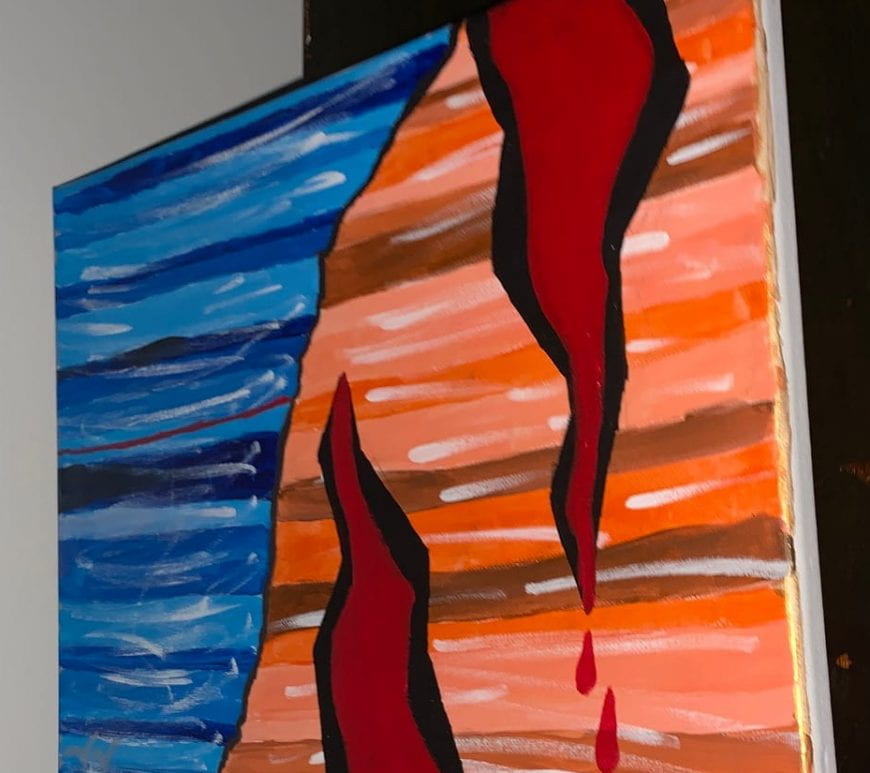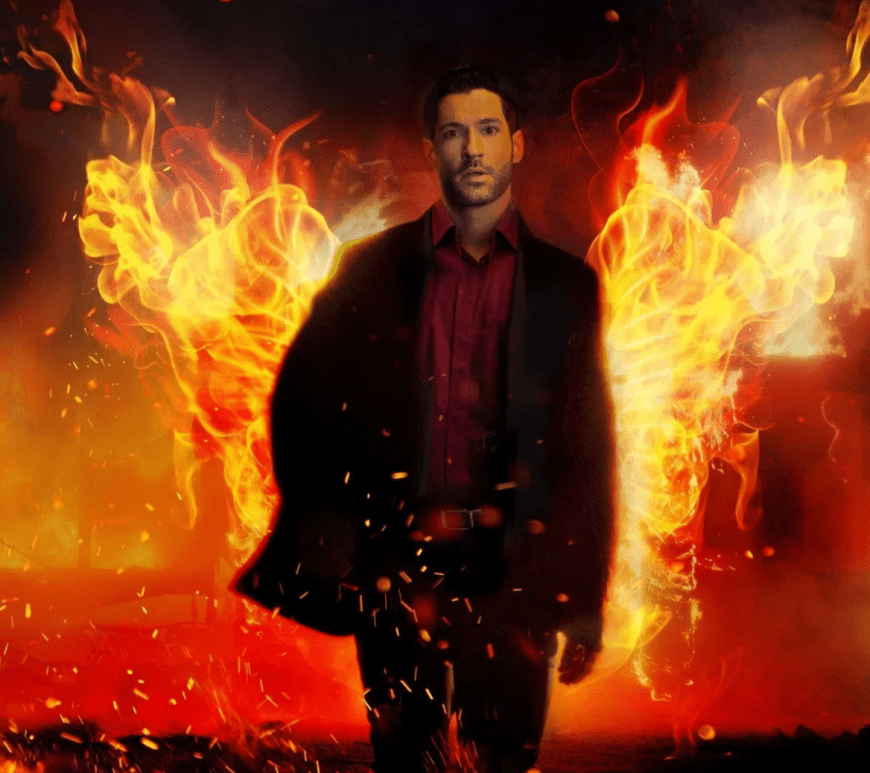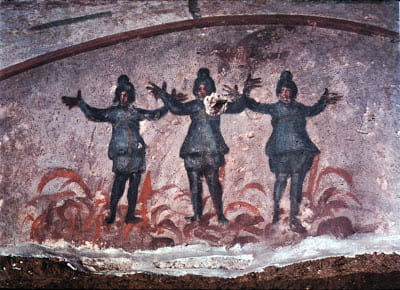
An Abstract Visualization of Prudentius’ Psychomachia
Group: Julia Liu, Ann Rayburn, Wren McMillan Painting by Wren This untitled painting strives to visually represent a gruesome battle between the Virtues and the Vices in Prudentius’s Psychomachia. This battle, fought for the control of the human soul, is fraught with blood, gore, and the desecration of the body, although most of the blood loss rests on the side of the Vices. When producing this painting, I seeked not…



